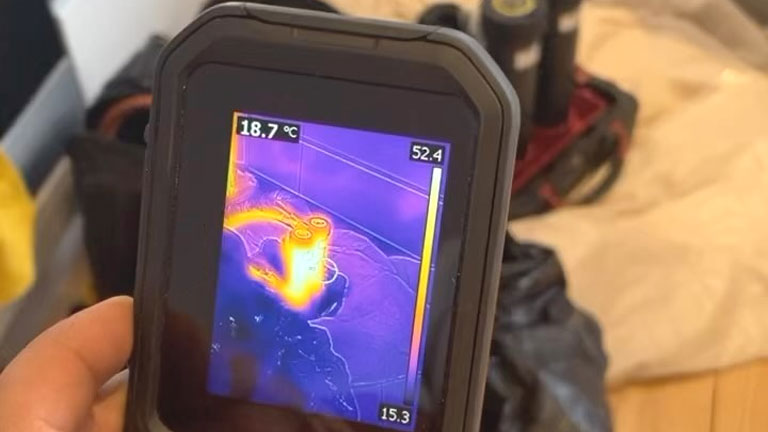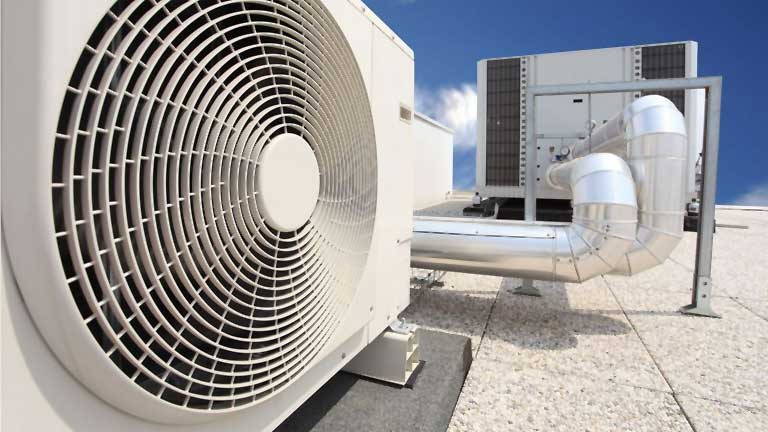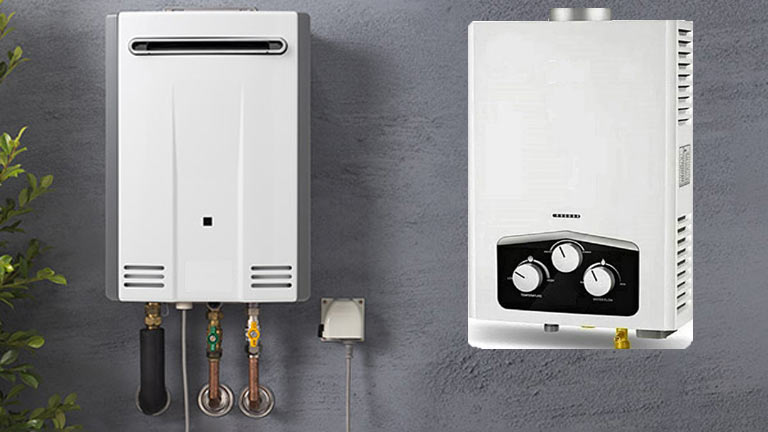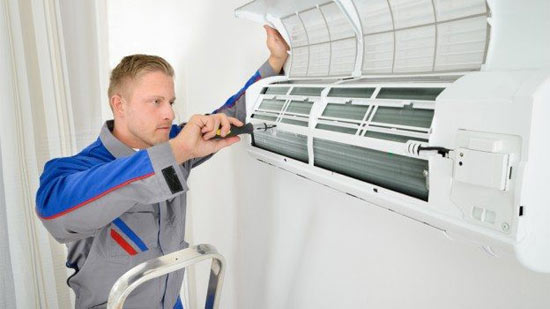
As temperatures drop and the winter season sets in, our reliance on heating systems becomes more pronounced than ever. However, what many homeowners may not realize is that their heating systems could be operating inefficiently, leading to higher energy bills and unnecessary environmental impact. This is where heating system efficiency audits come into play. In this comprehensive guide, we’ll explore the significance of energy audits for heating systems, how they work, and the myriad benefits they bring – from improved efficiency to substantial cost savings.
1. The Efficiency Challenge: Why Heating System Audits Matter
Heating systems, whether powered by gas, electricity, or alternative fuels, are essential for maintaining comfort during cold months. However, inefficiencies in these systems can lead to increased energy consumption and operational costs. Heating system efficiency audits are the key to identifying and rectifying these issues.
2. How Heating System Audits Work
A heating system audit involves a systematic assessment of your entire heating system, from the source of heat to the distribution of warmth throughout your home. This process is typically carried out by certified professionals who use specialized tools and techniques to measure various parameters. These include:
Combustion Efficiency: For systems like gas furnaces, measuring how efficiently fuel is burned to produce heat.
Heat Loss Assessment: Identifying areas where heat is escaping from the system or home, such as poorly insulated ducts or windows.
Distribution Efficiency: Evaluating how well heat is distributed to different areas of the home, ensuring no energy is wasted.
3. Identifying Problem Areas: Common Issues Uncovered by Audits
Heating system audits often reveal several common issues that hinder efficiency and drive up energy bills:
Poor Insulation: Inadequate insulation in walls, attics, and ducts can lead to significant heat loss.
Outdated Equipment: Older heating systems tend to be less efficient and may lack modern energy-saving features.
Thermostat Inefficiencies: Inaccurate or outdated thermostats can result in temperature variations and overuse of the heating system.
Clogged Filters and Ducts: Dirty filters and ducts obstruct airflow, forcing the system to work harder to achieve the desired temperature.
4. The Benefits of Heating System Audits
The advantages of heating system audits extend far beyond the immediate improvements to your system’s efficiency:
Cost Savings: By addressing inefficiencies, you can significantly reduce your heating bills, often covering the cost of the audit itself within a short time.
Environmental Impact: Reduced energy consumption translates to a smaller carbon footprint, contributing to a greener, more sustainable future.
Improved Comfort: A well-tuned heating system ensures consistent, comfortable temperatures throughout your home.
Longevity of Equipment: Regular audits can extend the lifespan of your heating system by reducing wear and tear caused by inefficiencies.
Health and Safety: Audits may uncover issues such as carbon monoxide leaks, which pose health risks to occupants. Identifying and addressing these problems is crucial for safety.
5. Post-Audit Actions: Implementing Efficiency Improvements
Heating system improvements can range from simple adjustments, such as replacing air filters and sealing gaps, to more significant upgrades like heater installation installing a modern, energy-efficient furnace or heat pump. Your audit report should provide guidance on which steps are most beneficial for your specific system and circumstances.
6. The Role of Regular Maintenance
Efficiency audits are a valuable starting point, but ongoing maintenance is equally essential for keeping your heating system in top shape. Regularly changing filters, scheduling professional tune-ups, and staying vigilant for signs of inefficiency can ensure your system continues to perform optimally.
Conclusion:
Heating system efficiency audits are not just a means to lower energy bills; they are a pathway to a more sustainable and comfortable home. By investing in an audit, identifying areas for improvement, and taking action to rectify inefficiencies, you not only reduce your environmental footprint but also enjoy the immediate benefits of lower energy costs and enhanced comfort. Embrace the audit as a proactive step towards a more efficient, cost-effective, and eco-friendly heating system.




